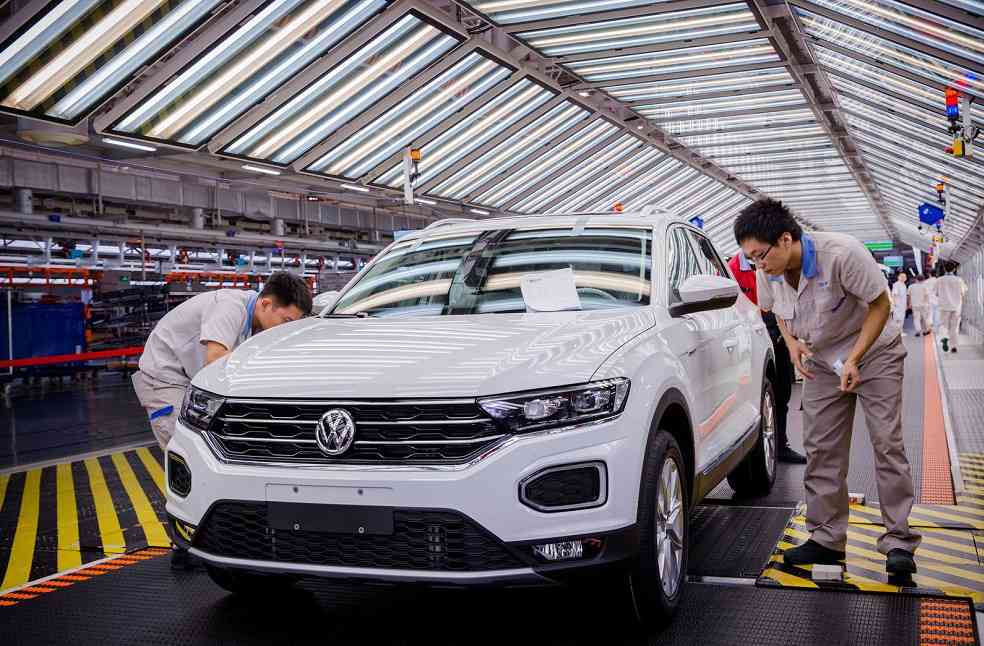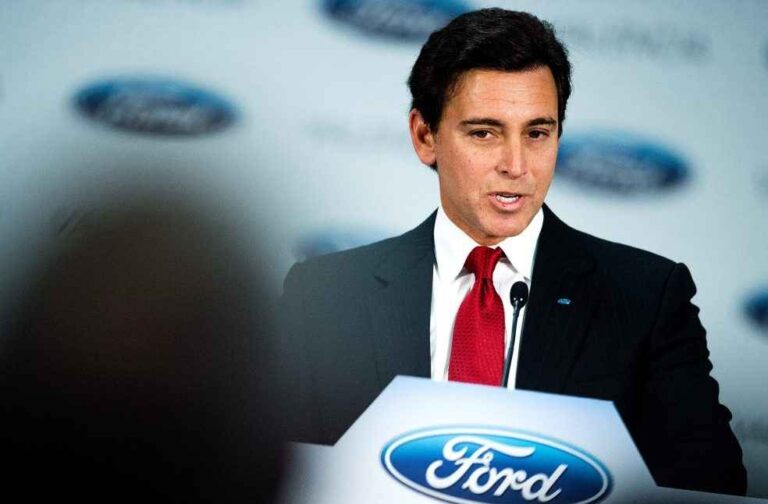Former Ford CEO Mark Fields advocates for a brief embargo on Chinese automakers entering the U.S. market due to concerns about their competitive edge fueled by government subsidies.
Fields points out similarities between China’s approach in the car industry and its past strategies in aluminum and steel. He stresses the need for Western car makers, especially Detroit’s Big Three, to quickly adjust to stay competitive.
This perspective gains prominence as the auto industry grapples with the economic implications of unchecked Chinese competition, including potential indirect market entries.
Addressing Competitive Disparities
Fields calls for a balanced competitive environment, highlighting the substantial benefits Chinese firms receive from extensive government support. He deems this a critical threat to the American automotive industry, proposing short-term solutions to alleviate immediate consequences.

This conversation gains traction with U.S. Senator Josh Hawley’s proposed legislation aimed at augmenting tariffs on imported Chinese vehicles, reflecting bipartisan apprehension concerning the state of U.S. auto manufacturing.
Global Competition versus Protectionism
The discourse around the optimal approach to Chinese automakers’ ascendancy mirrors larger themes of global competition and protectionist policies. William Li, CEO of Chinese electric vehicle startup Nio, labeled the American position as overly protective, comparing it to China’s reception of Tesla.
This debate spans the political and economic spectrums, implicating the future of global automotive mobility and sustainability. The recent downturn in the performance of the KraneShares Electric Vehicles and Future Mobility Index ETF exemplifies the sector’s instability and the broader implications of this ongoing controversy.

Legislative Endeavors & Sectoral Feedback
Legislative actions by figures like Senator Hawley reflect an increasing awareness of the challenges Chinese automotive firms pose. Yet, these measures also prompt considerations regarding potential reciprocal actions and their effects on international trade relations.
As the dialogue progresses, the automotive industry stands at a pivotal crossroads, with current decisions poised to profoundly influence its competitive environment and the broader U.S. economic landscape.
Mark Fields’ call for a temporary ban on Chinese automotive entries underscores the intricate dynamics of globalization and the imperative for strategic policy responses to safeguard competitive parity.
LATEST | Road Safety Revolution: Euro NCAP & HORIBA MIRA Forge Bold Partnership





